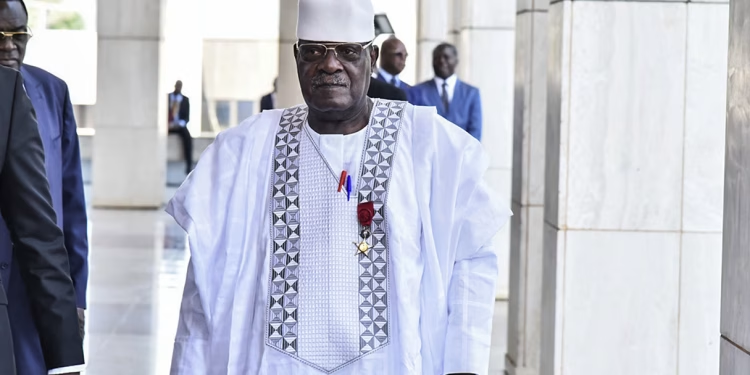The House Speaker of the Cameroon National Assembly, Cavaye Yegue Djibril, has defended the extension of municipal and legislative mandates, claiming it has alleviated a significant financial burden on the state.
In his closing speech on Wednesday, July 10, he explained that aside from the financial relief in a single year, the extension allows Elecam more time to prepare and conduct elections free from malpractice.
“Indeed, Article 15 of the Constitution, in paragraph 4, provides that, I quote, ‘in the event of a serious crisis or when circumstances require it, the President of the Republic may, after consultation with the President of the Constitutional Council and the offices of the National Assembly and the Senate, ask the National Assembly to decide by law to extend or shorten its mandate. End of quote,” he stated.
“In this case, the expected electoral deadlines were all scheduled for 2025. These are the presidential, legislative, regional, and municipal elections. Four major consultations would have placed Cameroon in a permanent electoral cycle throughout the same year. The implications and other disruptions to the usual functioning of the country would have been enormous, not to mention the weight of the costs, including the financing of the operations that this would have required in a single year,” he added.
According to Djibril, by presenting this bill, the President of the Republic, His Excellency Mr. Paul Biya, aims to spread out the consultations over time, allowing various electoral stakeholders ample time for a well-organized process without rushing each deadline.
“The objective being to avoid any malfunction likely to taint the verdict of the ballot boxes,” he said, emphasizing that “the extension of the mandate of the Deputies therefore proved necessary given these particular circumstances.”
As a result, the mandates of MPs, mayors, and presidents of regional councils, initially set to expire in March 2025, have been extended to March 2026.



